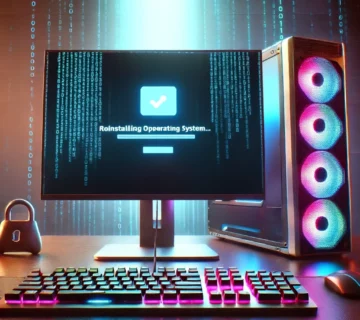
SpyLend Malware on Google Play: Indian Users at Risk of Credential Theft!
A new Android malware called SpyLend is targeting Indian users through a fake finance app on the Google Play Store. This malware steals login credentials, personal data, and financial information by exploiting permissions and monitoring the clipboard. SpyLend uses tactics like blackmail and fake loan applications to trick users into downloading malicious APKs. The malware also evades detection using WebView API and a custom Command & Control server to harvest user credentials. Enterprises and users are advised to follow cybersecurity measures such as avoiding unknown apps, checking permissions, and using anti-malware tools to stay safe. ... Read More



